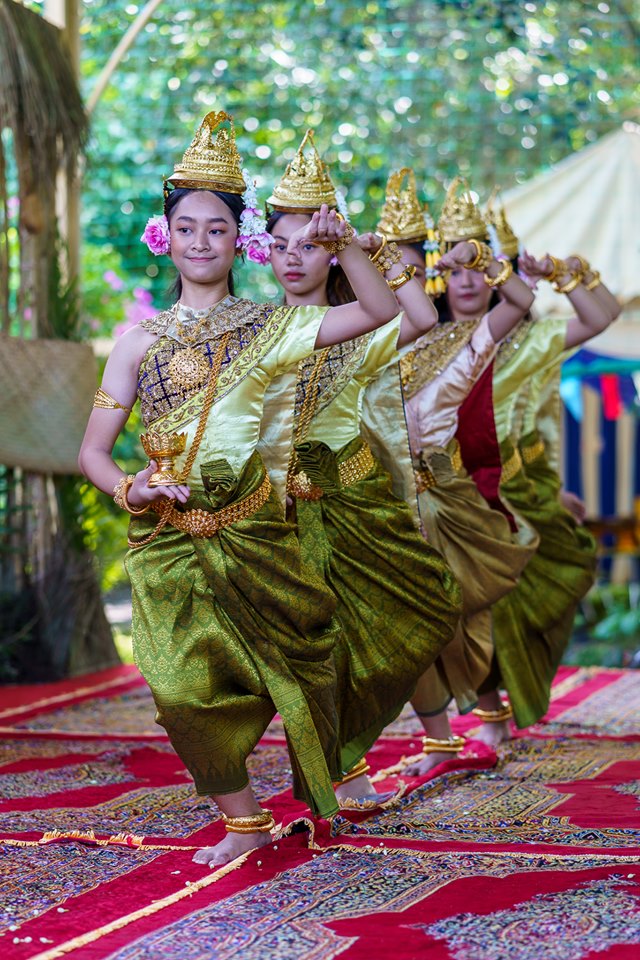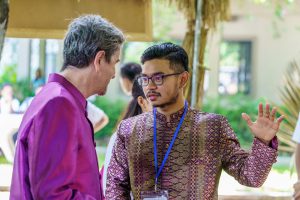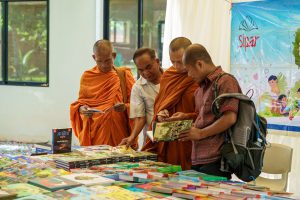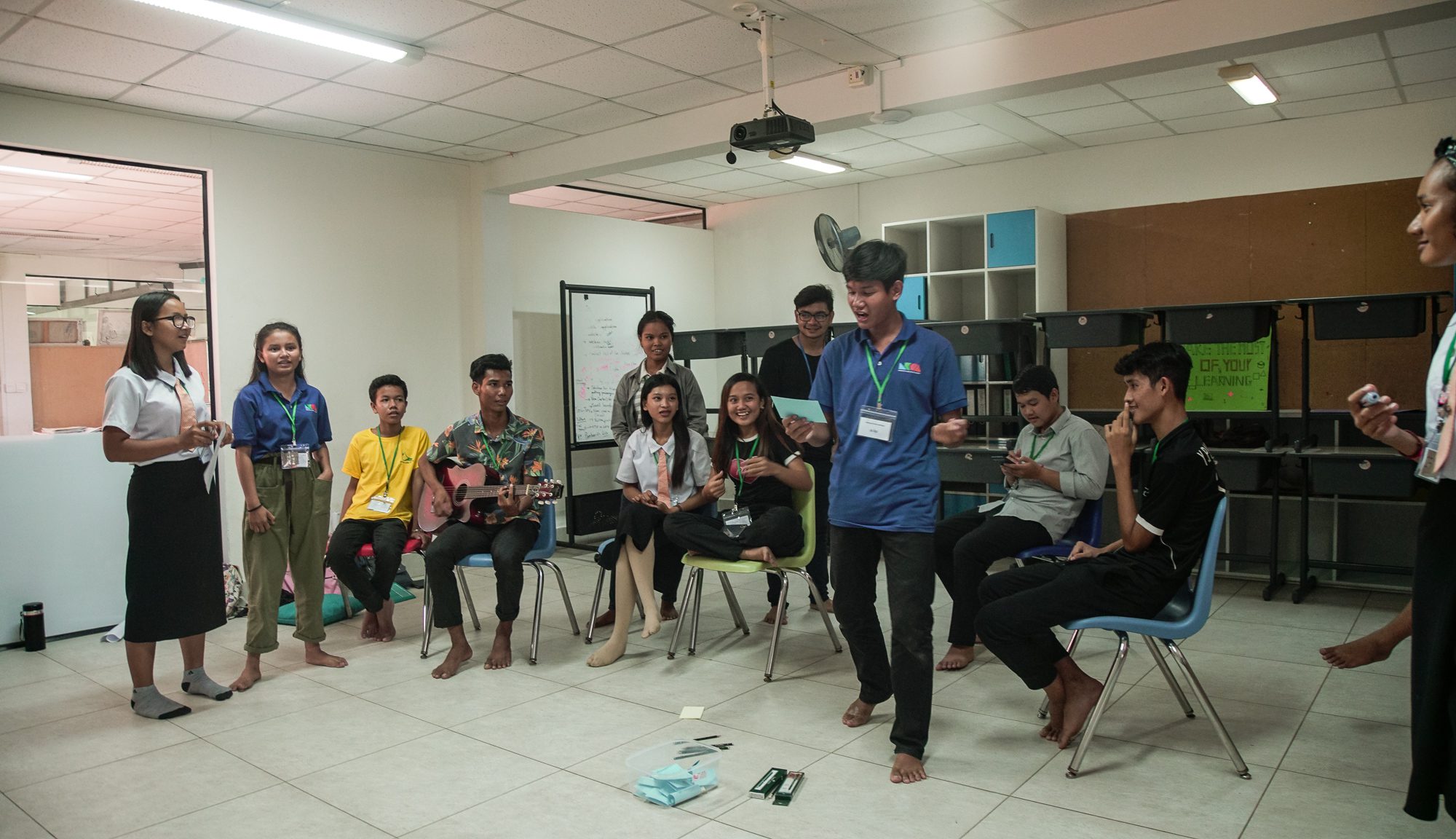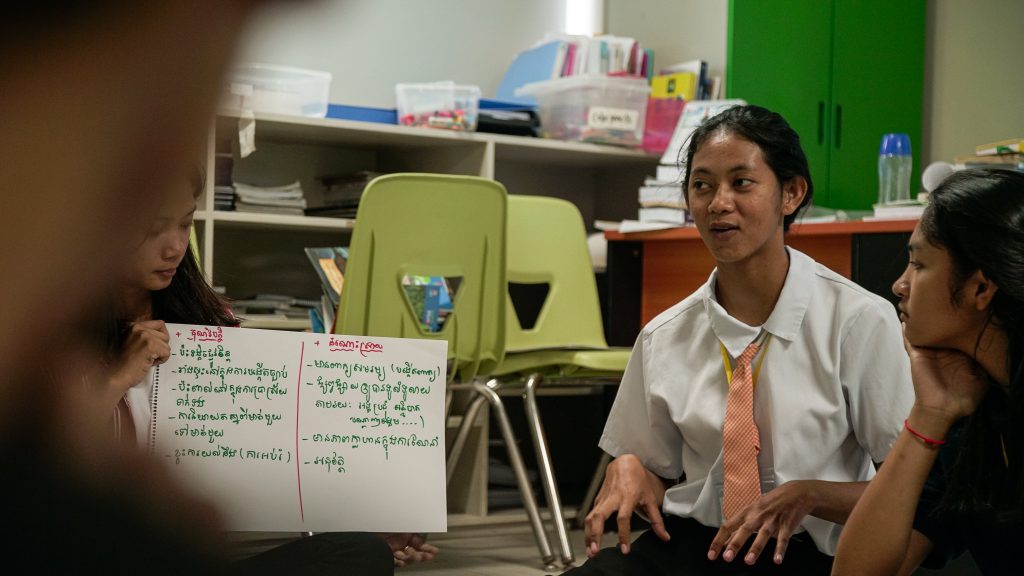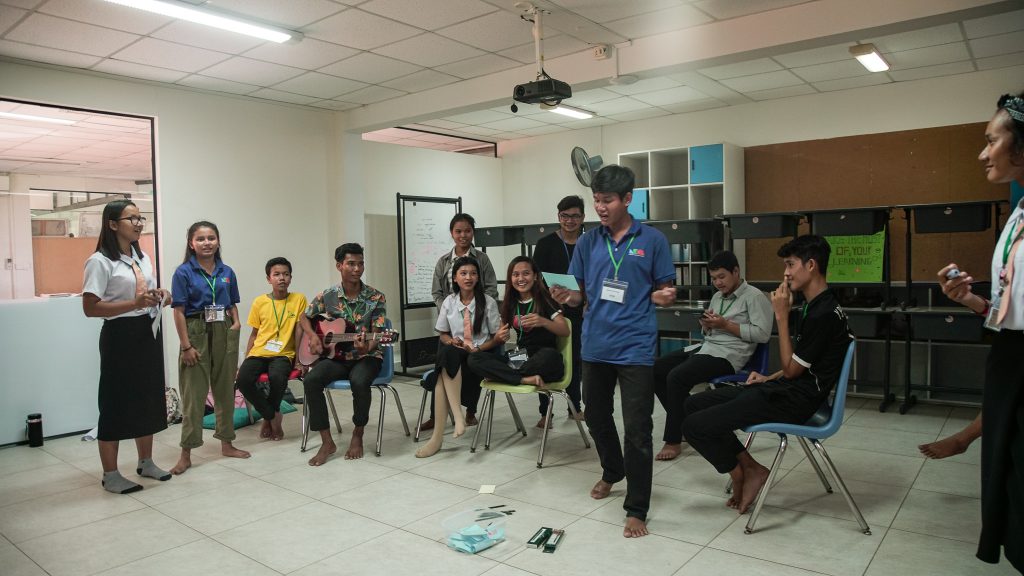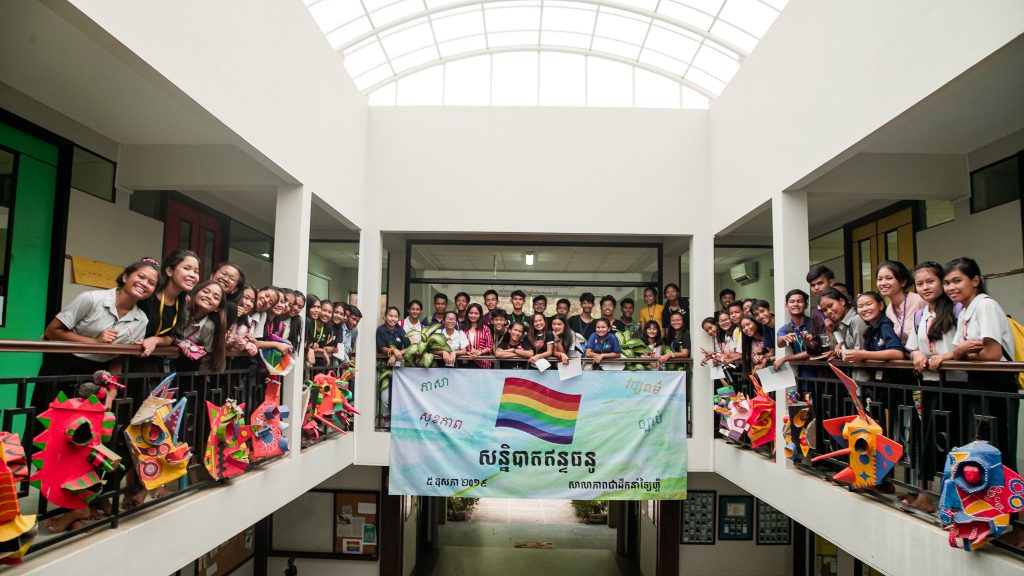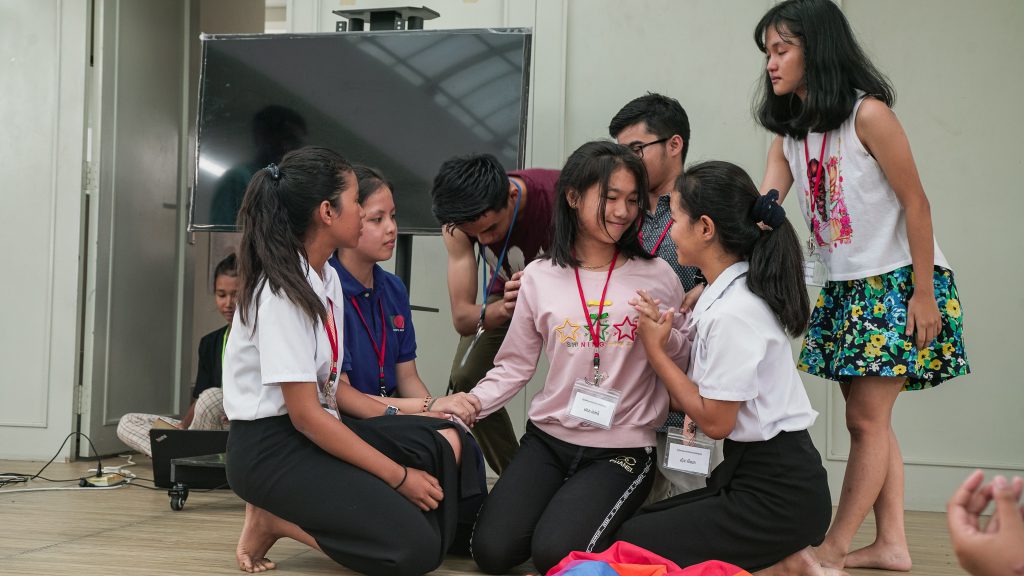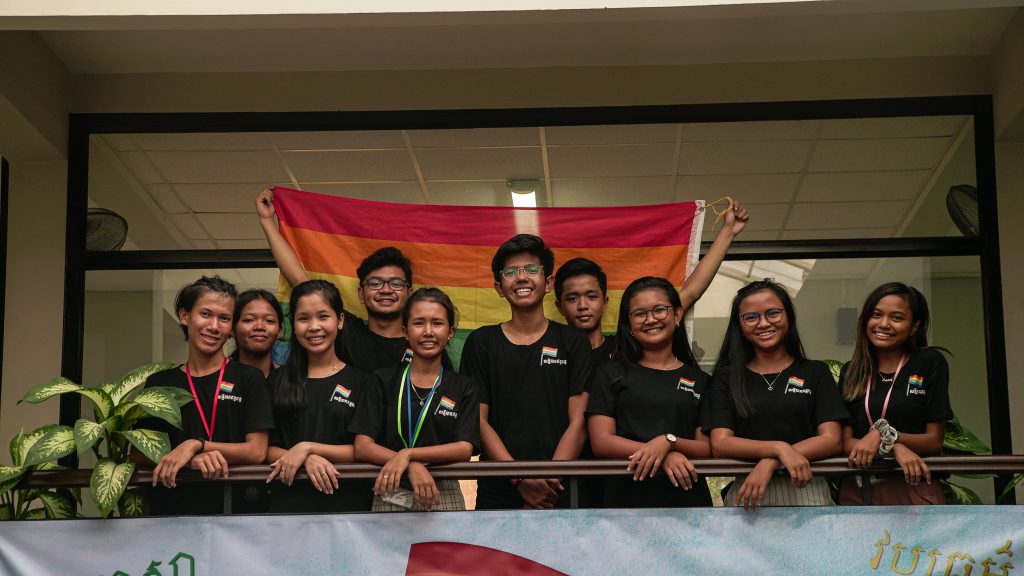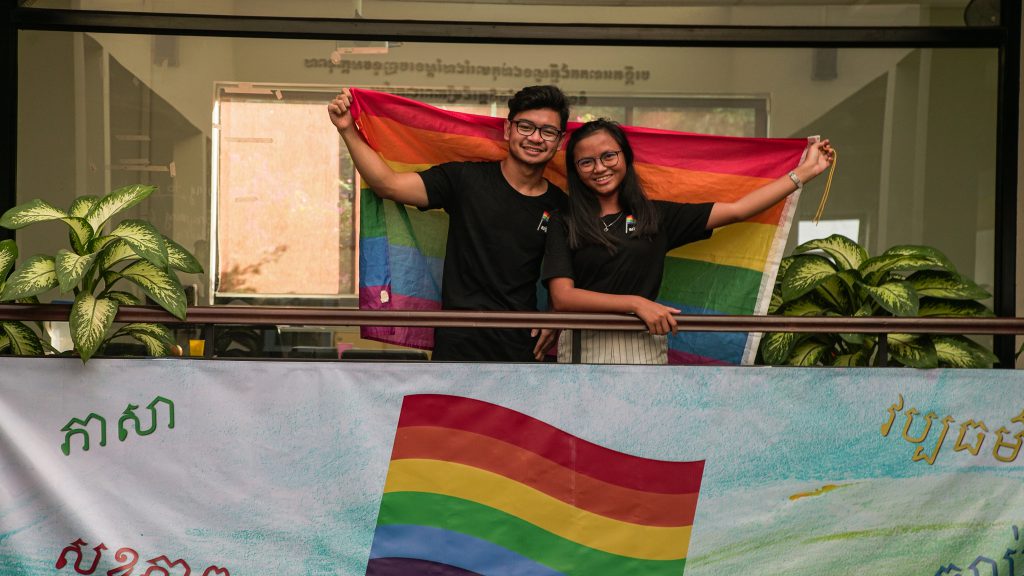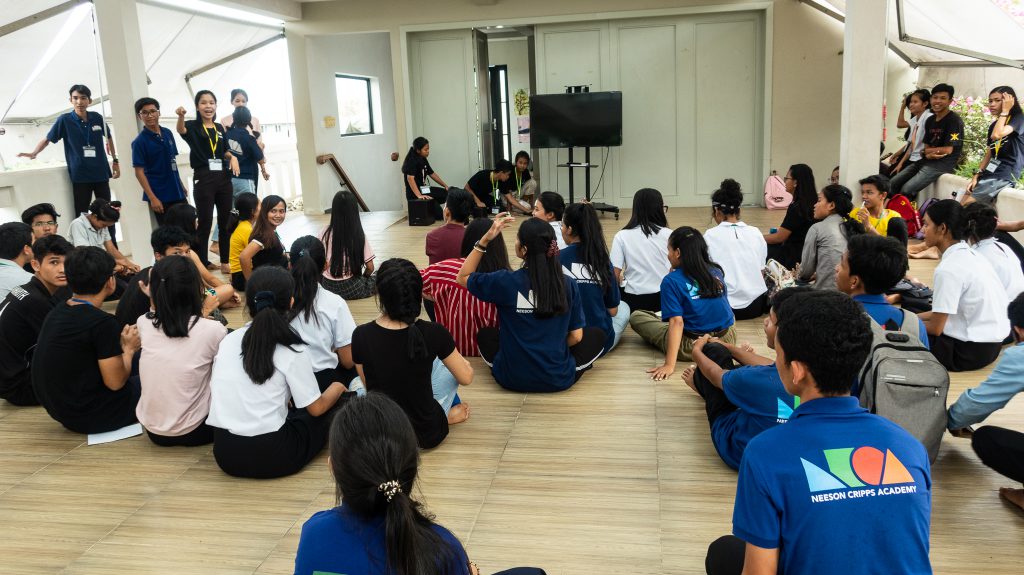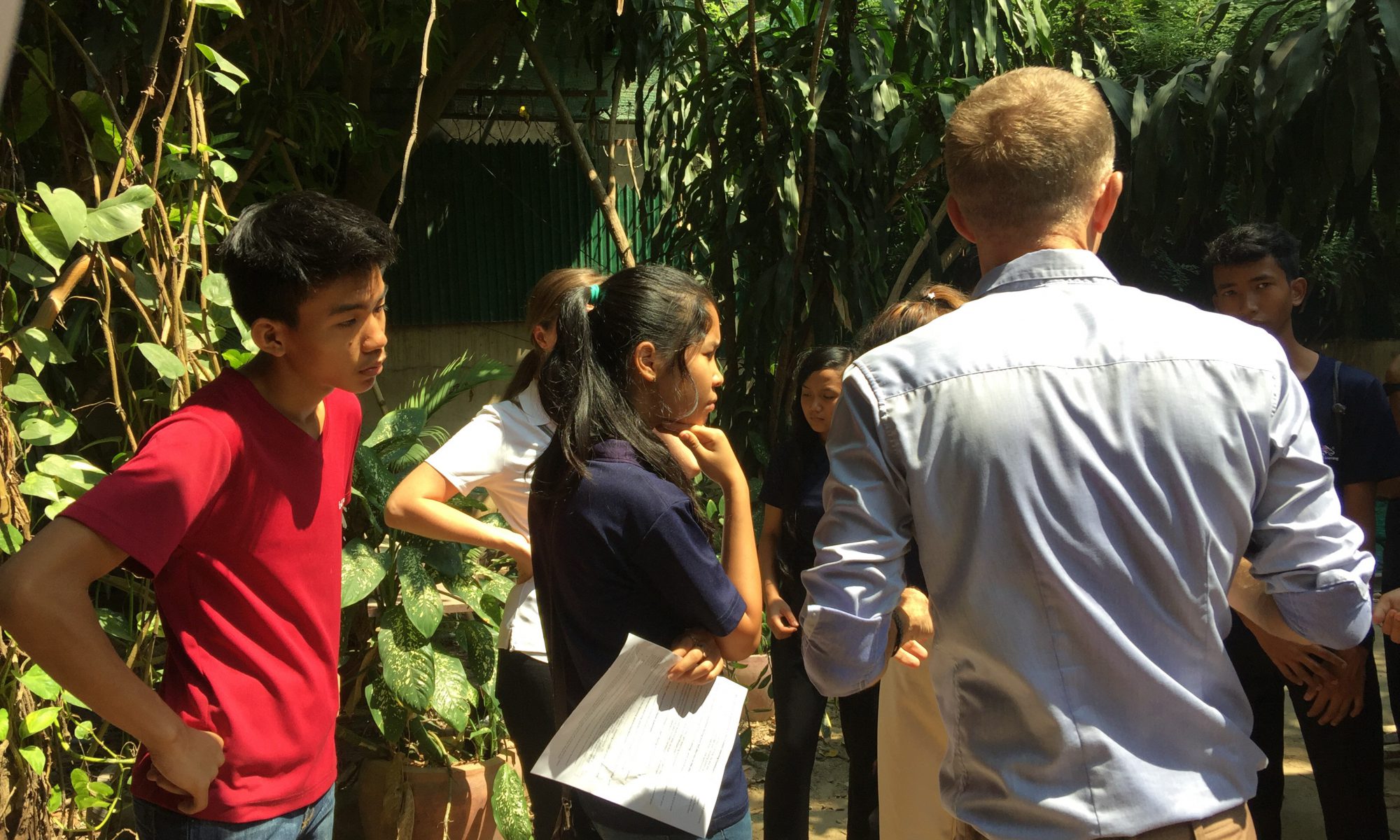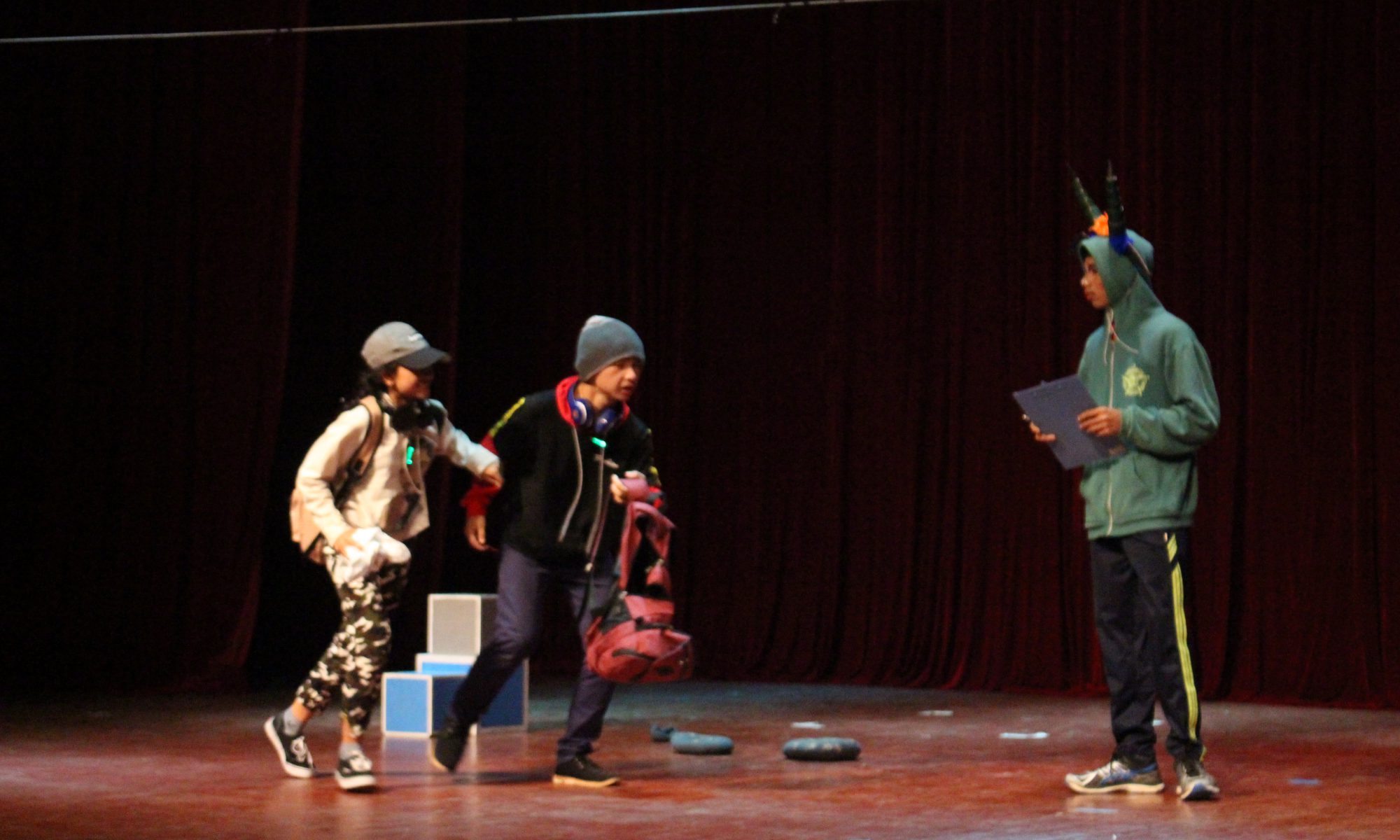I just learned an important lesson that I no one should overlook, it’s about “GENDER”. I came to literacy essential every day in the third round, which is approximately two months with enthusiasm, curiosity, happiness, and optimism to discuss the global issues, specifically, issues related with gender from different regions, time, economics, and conditions. A lot of what we did in this unit was read, read, and read articles from all sources, including GirlsGlobe, The New York Time, and books to absorb as much information about the past and current information as possible. As we read these articles, we tried to pay attention to the styles of writing, the complexity, and the variety of stories that represent gender. The end product of this assignment was to write a news article on a topic of gender. Choosing what to write on was a struggle for me, but I always wanted my topic to speak about something that no one brought up. I have chosen to write about the Entertainment industry in Cambodia, the job’s condition, the society view, the positive, and the negative of it. This topic might be a bit sensitive, but I highly recommend everyone to read this because it’s going to change your perspective about those “Entertainment worker” and understand the complexity of the industry.
You have two option: one is live your life as an unemployed person which equates to being homeless because you are uneducated, two is live your life in a deeply ashamed and dark industry in order to survive, which option would you want to spend the rest of your life in?
Care Organization declared that “The garment sector in Cambodia employs approximately 600,000 people and up to 85% of workers are women.” Thus, among those people, there must be an enormous “WHY” that motivates women to decide to leave this female-dominated workforce to work somewhere else that is less respected but higher paid. Changing vocations is very difficult and limited due to the lack of education, low income, and, primarily, lack of options.
Newton’s first law stated that “An object at rest stays at rest and an object in motion stays in motion with the same velocity and in the same direction unless acted upon by an unbalanced force.” This law pertains to many women in Cambodia; they have tried diverse types of jobs such as domestic workers, garment work, street trading, and small businesses, but it was not enough to support their family’s demand and their own hunger. Meaning that most women had tried to work for all of the jobs listed above, but because of the family’s economic condition, the women are forced to work at other places. The entertainment industry often offers more lucrative, flexible opportunities and are often more “pleasant.”
Not all entertainment workers are sex workers
The entertainment industry includes hostess bars, karaoke bars, massage parlors, and freelance prostitution, which is not common knowledge in Cambodia and around the world. Not everyone who participates in the entertainment sector, which is approximately 35,000 according to 2012 UNICEF report, involved in prostitution or sex. The women that work in this market deserve the same respect as those in other careers. The same principle as any cycle in the world, every part shared equal responsibility to maintain. The reason it’s called the entertainment sector because people are working to entertain national and international tourists. Entertainment doesn’t mean only sex, it is also about companionship, attention, relationship, romance, friendship, and relaxation. This profession also plays a big role in the country’s economy. According to the Phnom Penh Post, Sokhoeun, a waitress of one of the KTV in Phnom Penh, stated that “The hours is much better, and I earned more money.” While she’s having more money to support her family, housing, and school fee, she also faced stress and struggle. “A lot of the male clients try to touch or grope us,” Sokhoeun said. Similarly, Ms. Chamrong, a beer promoter in Phnom Penh, said she has always been treated with disrespect by male customers; they used unsuitable language with her. Some asked her to have sex with them and she refused, saying she is a beer seller, not a sex worker.
What is your view on the women working in the entertainment sector?
Western views
Some foreigners view women engaging in the entertaining sector as pitiful because many of them are forced to do these types of jobs even if it’s against their inclination. Because of these images toward women, many foreigners are working to get funds to support these women in a different manner, to get them out of this industry. Not everybody has the same sympathy or perspective toward this sector, and some people view them as criminals who have broken a big part of Cambodian social mores and the country laws. Everyone is entitled to an opinion, however viewing these women as victims could cause a problem. Helping those women to live a better life doesn’t always mean forcing them out of the bar or the place they are working in because many of them do not want to leave their job. There are other a small group of foreigners seen those women as “greedy” which only go out just to get money. This is a misconception because, in the long run, many of the women get emotionally affected by the money they are getting. Interestingly, Steben Linbom, an expat, and chef from the United States of America who is working as a chef in a restaurant in Phnom Penh has been living in Phnom Penh for two years and has a very different view of the women in this sector. “I love them. …. I don’t think they are bad people because … they tell you a lot of stories.. maybe their husband ran away or they got pregnant and had to take care of their baby. Therefore, I do not have an opinion of those women.”
Cambodian views
Preserving culture is a serious task for Cambodians. Cambodian mindset is that a woman is expected to act gentle, well-mannered, stay in the house as households, take care of the children, and be supportive of the husband. These perceptions of on women are very strict and still highly preserved. Because of that, some Cambodians see the women who work in an entertainment industry as an absolute contempt because their action has broken the “Chbap Srei,” which translated as the women’s code rules/law of our tradition. “I’m always afraid that people in my hometown will discriminate against me now,” Sokkhoeut says. “People assume that if you’re working in a KTV, then you’re not a good girl. Even my family thinks I’m having sex with men,” she continued. Having to work so hard to save money to support their family, while simultaneously being encompassed by condemnations from their friends, their family, and their society can be painful for the girls. Nonetheless, there are many other citizens who support and respect the girls’ options. “I felt pity for those women because they did not get the chance to study. So, choosing this option is convenient for them, although they did not receive high dignity. Besides people’s criticisms, working in this field has many effects including breaking the culture, health issues, and emotional breakdown,” Chanthorn, a driver at the Liger Leadership Academy, responded.
What are the factors that force women to choose that job?
Many people who work in the entertaining sectors in Phnom Penh come from rural Cambodia because most of them lack economic opportunity. Choices are very limited for them. The number of people working in this field is increasing, which is a big problem for Cambodia.
Is 50 cents a day enough for you to survive? Surprisingly, Sochua, a former Minister of Women’s and Veterans Affairs and an anti-sex trade activist, said that millions of Cambodians are struggling to live on less than 50 cents a day; many women turn to the sex industry. Poverty is the colossal factor that drives women to enter this market. The most effective way to fight poverty is education. The reality is that more than half of the children in Cambodia do not complete primary school at all, according to ChildFund International. Lack of education, lack of choice. Sometimes, family health conditions can be a motivating factor for those girls. Besides all of the factors, personal desires, learning English, exploring romance, and experiencing outside Cambodia can also influence the choice. Chanthorn said, “sometimes some of the women receive high education, but sometimes their friends drag them to these fields.” The last factor can be minimal, but it happens more frequently than people aware; parents have sold their daughters at the price of $10 to $100. International organizations — such as UNICEF, ECPAT and Save the Children — says that between 50,000 to 100,000 people involved in the sex-industry are children.
How do you think those women feel working in this condition?
A lot of women feel unsafe about the places that they are working in. Depending on the jobs positions and the condition of the places, some are more emotionally affected and some are more physically affected. Sokhoeun, a woman interviewed by Phnom Penh Post said, “Sometimes they [create] problems, they come in drunk with a gun or smash their glasses on the ground.” Some of the women’s conditions are even worse; some are being forced to drink beer with customers while some are being raped. “The worst scenario that could happen is having to drink with customers, leaving many of the women drunk and vulnerable,” says Ou Tepphallin, the vice president of the Cambodian Food and Service Worker Federation. The Phnom Penh Post reported that 170 of the women that were surveyed said that they are all forced to drink, which on average, the survey reported that is approximately 18.7 days in a month. A more serious issue for all the women is that they start to lose value in themselves and feel useless and hopeless. According to the Phnom Penh Post, almost one out of five people who worked in the entertaining sectors attempted suicide. A study shows that there is a strong correlation between the risk of having a positive test for HIV and psychological distress, with an estimate of 16,800 adults in Cambodia.
NGOs that help
There are many NGOs that are tackling this issue and trying to rescue the women in the “entertaining sector” to shift them for a better career. Many of the NGOs are working tirelessly towards the same vision, to strive for similar vision, but just in different paths and with different target audiences. The two main aspects that all NGOs should consider are: first, all of the women don’t want to go back the place that they are dying to get out, so training them to go in the menial labor, sewing as an example, just doesn’t really help; second, most of the vocational training that is provided by organizations are stereotypical types like housekeeping, hairdressing, and social work. For example, NGO Acting for Women in Distressing Situations (AFESIP) provides skills training in fields that include sewing, housekeeping, hairdressing, weaving, handicrafts, small-business management and social work. Why not take into consideration about computer skill, art, cooking, and English because these skills will benefit them in long-term approach even though it will require more resources.
the ACTED organization, which has reached around 7000 took another creative approach to support the fact that some women don’t want to leave their job, through ACTED’s program, all women can come to do a monthly family discussion about the problems or concerns that they have from their job, which together they will come up with ways to solve those problems. For example, the discussion can be from how to drink responsibly and techniques to avoid the customer request without being offensive to them, how to turn down unwanted sexual advances (a type of sexual harassment) and how to practice safe sex when both parties consent. Doing this will help to increase confidence to speak out about what is wrong and right, which will reduce the potential cost of the problems.
A call for support does not mean motivating more women to choose the entertainment industry. The support helps to prevent discrimination and more social acceptance. The image of Cambodia as a sex tourism destination is shameful for Cambodians. To change this negative image, everyone must work together towards a common goal: respect. Governments, citizens, tourists, and workers themselves should join hands to establish guidelines, rules, codes of conduct, and value.
Sources:
http://www.phnompenhpost.com/columns/karaoke-girls%E2%80%99-sad-song
http://www.phnompenhpost.com/post-weekend/amid-guns-and-groping-ktv-workers-learn-customer-not-always-right
http://edition.cnn.com/2007/WORLD/asiapcf/01/23/sex.workers/index.html
https://www.dandc.eu/en/article/cambodia-seen-heaven-paedophiles-and-sex-tourists
https://www.pri.org/stories/2016-03-29/why-cambodias-sex-workers-dont-need-be-saved
https://cambodiaexpatsonline.com/newsworthy/cambodian-women-the-entertainment-industry-fight-against-abuse-t11908.html
https://www.huffingtonpost.com/david-henry-sterry/everything-you-think-you-_b_4086449.html
http://www.phnompenhpost.com/national/entertainment-sector-exacts-mental-toll-its-workers
http://www.phnompenhpost.com/national/sex-workers-help-control-spread-hivaid

